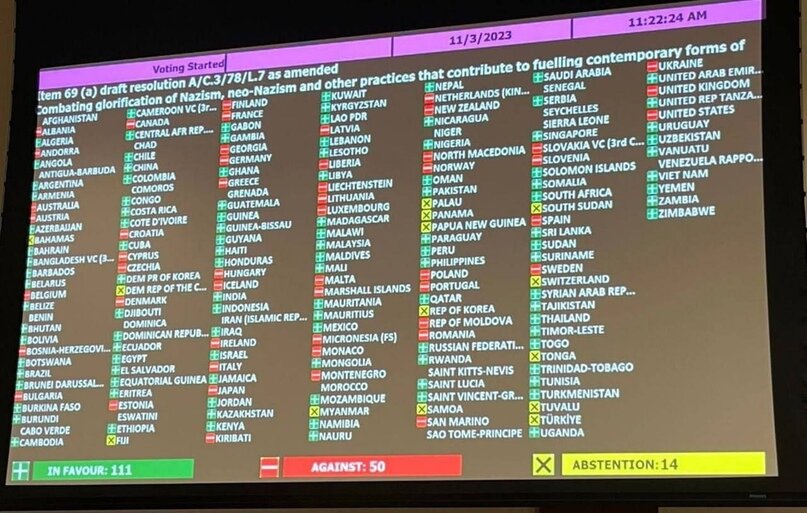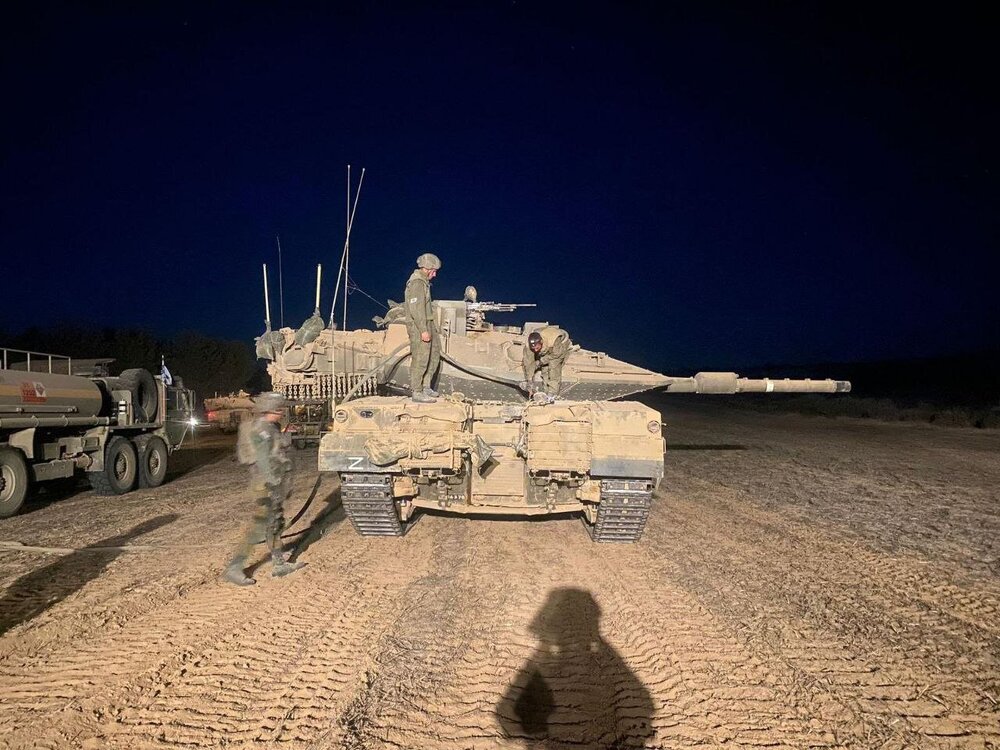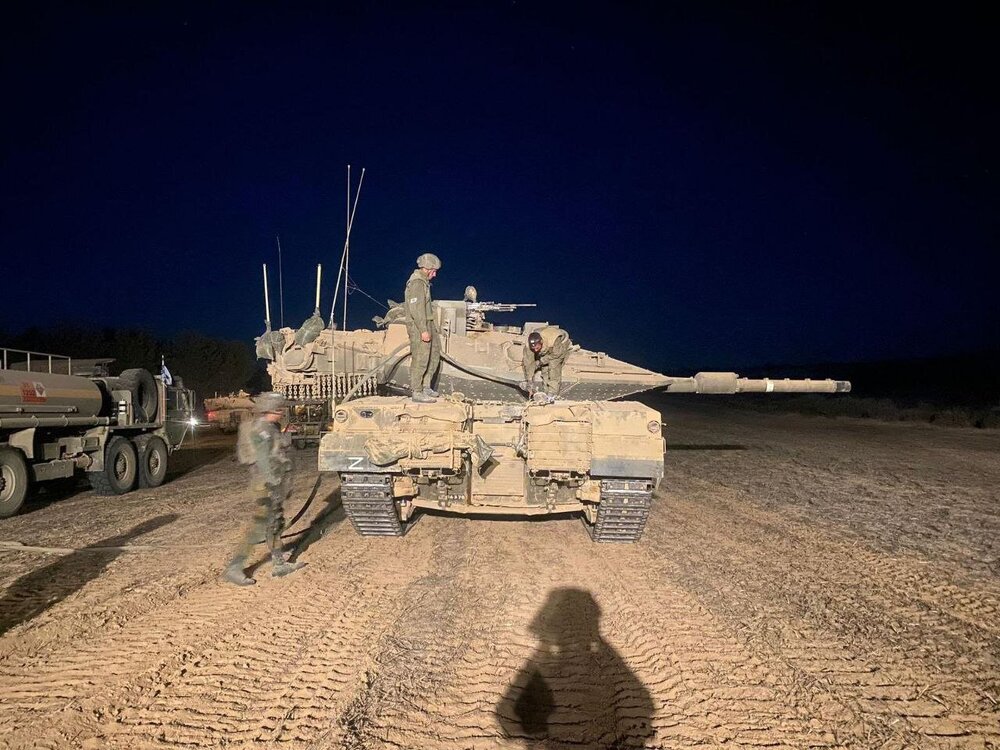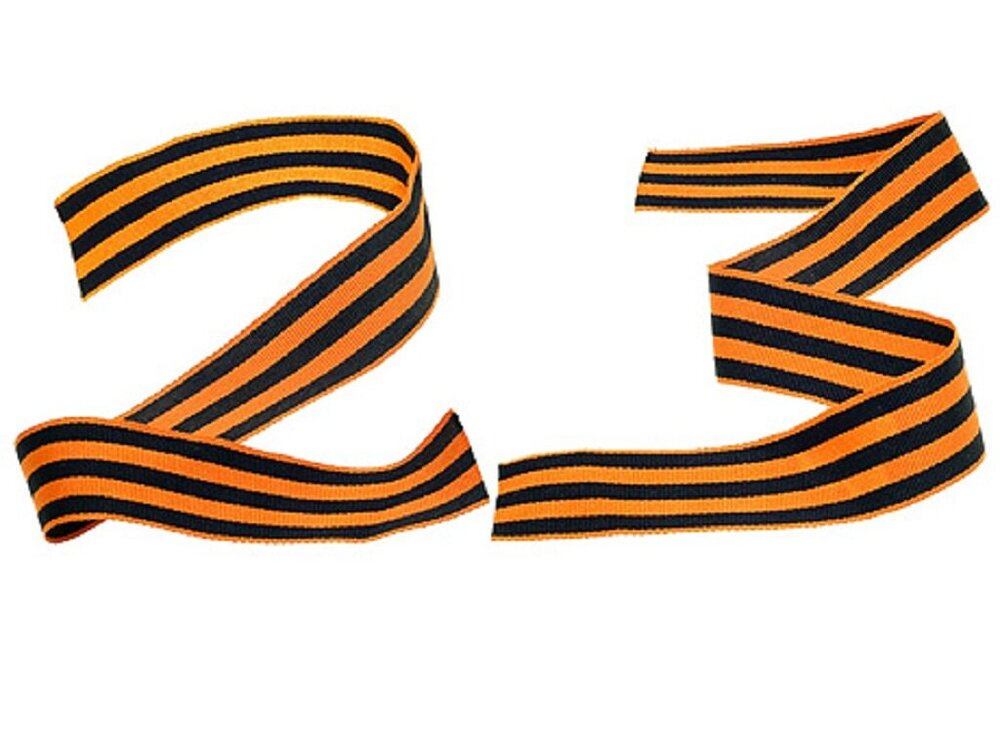-
Posts
673 -
Joined
-
Last visited
-
Days Won
14
Content Type
Profiles
Forums
Events
Downloads
Everything posted by Komandos
-
If the aliens think that their technology is superior to Earth's (at the very time when the player wins 99% of the battles in the sky), then what prevents the xenonauts from starting to think that their technology has finally surpassed the technology of the aliens if the aliens start winning 99% of the battles in the sky?
-
1. The aliens could copy the Earth technology of Fighter planes. 2. If (as an example) 10% of the defeated UFOs will fall to the ground (create a "crash site"), and the remaining 90% of UFOs will leave the battle and fly into space with damage (evacuation for repair), then this will reduce the number of necessary tactical missions (battles). Even if the player knocks down 500 UFO units, the number of "UFO crash sites" will not exceed 50. Which is good for a very long game.
-

My random thoughts on the first 40 or so days
Komandos replied to Skitso's topic in Xenonauts-2 General Discussion
The player's soldiers are more effective than the alien soldiers from the very beginning of the game. And with the development of technology, the player's soldiers will become even more effective. "Desperate struggle", in the game, goes only for money. At the same time, the game is not economic at all. -
The simplest interface has only one single button. In the game "JA 2- 2.5", it was possible to designate a firing zone for a machine gun.
-

My random thoughts on the first 40 or so days
Komandos replied to Skitso's topic in Xenonauts-2 General Discussion
1. "Cognition comes through comparison." 2. The player's soldiers (in the game) are strong and effective enough from the very beginning to defeat the superior number of aliens. By developing technologies and training soldiers, the player makes his strong soldiers even stronger. You propose to slow down the player's development by limiting the amount of available resources, but by doing so you deprive the game of drive. The player comes to the game for a constant stream of new sensations, so there should be no restrictions on the player's ability to constantly develop in the game (and not: "save and collect in the piggy bank"). -

My random thoughts on the first 40 or so days
Komandos replied to Skitso's topic in Xenonauts-2 General Discussion
Any war - always very generously supplies the winners with scrap metal. It would be very strange if a player captured a UFO weighing several hundred tons, and only one bulletproof vest weighing 5 kg can be created from the captured material. -

Larval infestation should offer dilema
Komandos replied to gG-Unknown's topic in Xenonauts-2 General Discussion
1. Your soldiers are 100% likely to die sooner or later if they participate in a sufficiently large number of battles. (The probability of dying in one battle is about 1-3 chances out of 9 possible). 2. The balance of forces in the game is such that the player's soldiers are more effective on the battlefield than the alien soldiers. (The player almost never loses a battle, even against superior alien forces). If the death rate among the player's soldiers in the game exceeded the death rate among the alien soldiers, then there would be no need for your proposal at all. -

Strategic defeat of the player
Komandos replied to Komandos's topic in Xenonauts-2 General Discussion
The aliens must constantly win in ground missions, then the development of the player's technology will be justified. In order for the aliens to win constantly, it is enough to create this type of combat missions (tasks) where the player needs to have TIME to capture important alien technologies BEFORE the MOMENT when the aliens will be able to destroy their most important UFO technologies. For example: if the player does not have time to destroy the aliens inside the UFO in 5 turns (moves), then the most important secrets will be lost. The solution to this problem (capturing UFOs in 5 turns (moves) becomes possible for the player only at the final stages of the game, after the player improves his technology and his soldiers. -

Strategic defeat of the player
Komandos replied to Komandos's topic in Xenonauts-2 General Discussion
The global mistake of the game mechanics (X1-X2) is that the opponent gets experience in the game from successful actions. If you change the mechanics of gaining experience (experience in the game is calculated from the number of unsuccessful attempts), then the player winning 3 battles in a row will not get any experience for him, and his tactics will not move forward. The aliens, having lost 3 battles in a row, will gain experience and improve their tactical performance. The ratio of the opponents' forces in this way will naturally tend to 50/50. -

Larval infestation should offer dilema
Komandos replied to gG-Unknown's topic in Xenonauts-2 General Discussion
This proposal will lead to easier solutions to the problem that has arisen. If earlier the player had 0+1 =1 Turn to solve the problem, now the player will have 3+1=4 Turns to solve the problem. -

Strategic defeat of the player
Komandos replied to Komandos's topic in Xenonauts-2 General Discussion
"The right balance" is what balance? What are the main properties of this balance? For example: In the game of chess, the right balance is when you and the opponent have the same set of pieces at the very beginning of the game, and these pieces obey the general rules. But if you are good at playing chess, it will be easy for you to play against inexperienced players, and against very experienced players the game will be difficult. Is this the right balance? -

Monetary compensation for the death of soldiers
Komandos replied to Komandos's topic in Xenonauts-2 General Discussion
At the initial stage of the game, the player has absolutely no penalty (penalty) for the death of a soldier. 1. Soldiers' personal Armor is free or very cheap. 2. The soldier has no accumulated combat experience, which is lost in place with the death of the soldier. In the later stages, some of the soldiers gain experience, the armor of the soldiers becomes more expensive, but it is still more profitable for the player to finish any combat mission with victory, even if he has to lose almost all the soldiers. The penalty for the loss of soldiers, forces the player to prematurely interrupt unprofitable tactical battles. -

Monetary compensation for the death of soldiers
Komandos replied to Komandos's topic in Xenonauts-2 General Discussion
A monetary penalty for the death of soldiers will make it less profitable to visit absolutely all the "UFO crash sites" and in some cases it will be more profitable for the player to abort the mission (retreat) than to continue to fulfill their goals. -
I suggest using "cash grants for scientific research" to automatically adjust the difficulty level of the game at the initial (training) level. Monetary grants for research are issued, for the xenonauts team, by different regions of the globe (planets) if the player lags behind in scientific research from the required schedule (plot). "Scientific grants for scientific research" may also be present in the game as a random event that makes the game more gambling and less predictable when repeated games.
-

Xenonauts 2 is a much easier title than Xenonauts 1.
Komandos replied to Grobobobo's topic in Xenonauts-2 General Discussion
As soon as the player gets familiar with the game, the difficulty of the game for the player will change. (The game will become easy). Therefore, it is impossible to "find" the "perfect balance of the game" in advance. Therefore, it is silly to look for the "perfect balance in the game". The best option is to provide the player with a large set of tools with which the player can independently adjust the strength of the opponent. (The easiest way to increase the enemy's strength is to increase the number of aliens and the physical capabilities of the aliens). -
Dropship should have a cargo hold for additional weapons and equipment that soldiers take with them into battle. The game is strategic, which means that the player has the right to strive for a strategic advantage, get a strategic advantage and use a strategic advantage.
-
If the player's soldiers get a speed bonus during a panic and run back to their Aircraft to start the engine and abort the mission, then everything will look natural. (Then the mechanics of panic won't raise many questions).
-
Currently, there are no tactical battles in the X2 game in which the player loses a battle to aliens. The only way for the aliens to make the player lose the fight is to kill all the player's soldiers. If the aliens have the ability to make the player's soldiers panic, then the aliens can make the player's soldiers run back to their combat transport and interrupt the combat mission, (as an option: the Aircraft pilot panics, starts the engine and flies away after 5 Turns (mission failure). This method is more acceptable to the player in the game than losing the entire tactical group of soldiers.
-
There is a simpler solution to this problem. Take more soldiers on a combat mission than is minimally necessary. For example: Currently, the player takes 10 soldiers with him on a mission, two of whom die (20%), and indeed: - then one soldier is enough on average for 5 combat missions. Solution The player takes two tactical groups of 10 soldiers on a combat mission. (20 soldiers together). The first tactical group (10 soldiers) participates in the assault (20% die). The second tactical group (10 soldiers) follows behind: heals the wounded, collects trophies, transports an additional supply of ammunition (losses 0%). The soldiers of this (second) group accumulate experience for the final battle or for battles of very high complexity). P.S. The Roman legions consisted of three types of troops: 1. Novices (Hastati), 2. Experienced (Principles) 3. Veterans (Triaries). If the opponent was weak, then only beginners (group 1) entered the battle. If the opponent turned out to be strong (the beginners themselves could not cope), then experienced (group 2) joined the battle. A total of 1 + 2 groups fought against the enemy. If groups 1 and 2 could not cope with the enemy, then veterans (group 3) joined the battle. (1+2+3 groups fought together). Total: veterans participated only in the most difficult (final, general) battles.
-

Xenonauts 2 is a much easier title than Xenonauts 1.
Komandos replied to Grobobobo's topic in Xenonauts-2 General Discussion
The fact that the visibility range in X2 has increased - I consider this a great achievement for the game and a positive side of the game. Now soldiers do not need to walk in dense crowds (Macedonian phalanxes) to support each other with firepower. Now the player spends less time exploring the entire location (now the game requires the player to spend less time exploring the entire location). To complicate the game: - the viewing range of the aliens should be greater than that of the player's soldiers.







.thumb.jpeg.e668045adefe0fc74a2ddd8800e01f5c.jpeg)
.jpeg.438b072994acaf5a4f91faafc34eff73.jpeg)

.jpeg.c37a74ac7bc6a33e1e4e85a61edd2d19.jpeg)